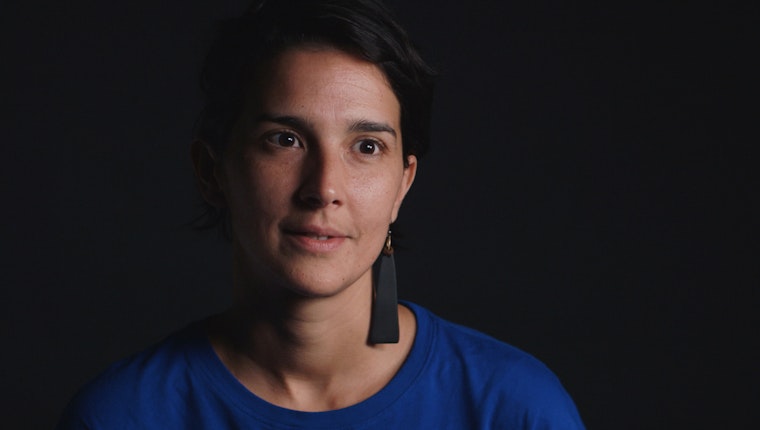Putting Rio de Janeiro’s Maré on the Map
By Sarah Evans

Maré, Rio de Janeiro’s largest favela, is home to some 140,000 people. But it’s only recently that you would know it by looking at a map.
Due to a city ordinance dating back to the 1930s, the sprawling neighborhoods of Rio’s favelas were officially unrecognized—no street names, no addresses, no zip codes, just blank white spaces on the map. This erasure had stark consequences for Maré’s residents, who couldn’t receive mail, list their addresses on bank accounts and job applications, or access many city services.
That’s where a development association, Redes da Maré, came in. A few years ago, Redes launched a community-led effort to create a map of Maré [PDF] and force the city authorities to recognize it. Putting Maré on the map was a key step to challenging the invisibility that deprived favela residents of their rights as citizens.
Now Redes da Maré is working to recognize a group of people who are marginalized even within the favela: the inhabitants of a makeshift homeless settlement in Maré dubbed “cracolândia” due to the visibility of crack cocaine smoking there. Redes focuses on helping residents determine their own needs—whether that’s a private bathroom or a certificate of residence—and find ways to meet them.
In this video, Maíra Gabriel Anhorn explains how this emphasis on inclusion can be transformative not only for people who have experienced stigma, poverty, and police violence, but also for the community as a whole. By making their rights, needs, and abilities visible, Redes da Maré is recognizing fellow citizens—and treating them as neighbors with a stake in the community and something to offer.
Redes da Maré is a grantee of the Open Society Foundations. At Open Society is a video series highlighting the people and ideas that are inspiring our work—and changing the world.
Sarah Evans is a division director of Equity for the Open Society Foundations.